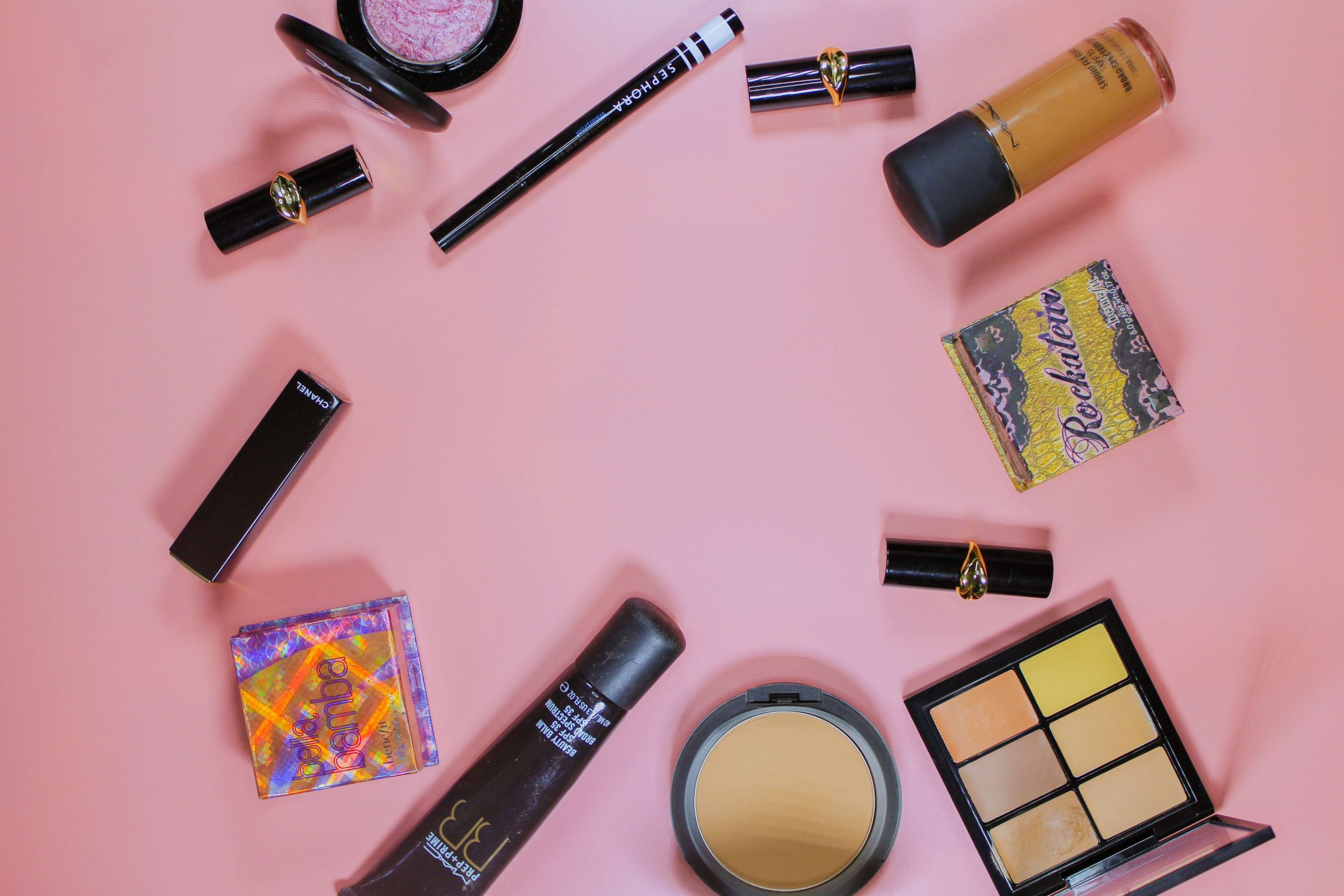After spending almost a year and a half indoors, consumers stripped back their beauty routines and became keenly aware of what they put on their skin. A lot of free time paired with the increasing awareness of climate change will urge consumers to look for products that have ethical and environmentally conscious ingredients.
Gone are the days where ingredients that simply sound natural can woo consumers. Tomorrow’s consumers will demand cosmetics ingredients that not only feel good, but do good in the process. To compete in 2022, brands should look to incorporate ingredients that are safe, natural, and when possible, eco-friendly (check out what we’ve written about sustainability here).
Using our White Space AI tool, the team here at Simporter analyzed 308 cosmetics ingredients to predict 2022 luxury cosmetics ingredient trends. Our software analyzes social media mentions, consumer sentiment patterns, and search traffic to make highly accurate trend predictions. Data insights like these have proven useful to any business looking to get ahead of the curve.
Gen Z is cutting out the fluff and trying to do more with less. In this blog, we’ve rounded up the luxury cosmetic ingredients we predict will have a tough time competing in 2022.
Here’s a breakdown of the ingredients we predict will decline in 2022
The graphic below breaks down the 8 ingredients we believe possess the lowest potential for growth in 2022. Ingredient opportunity scores are determined by looking at both share of voice (a leading indicator of market share), as well as year-over-year growth rate.
Rose Water

Rose Water takes the number one spot on our list. While the ingredient holds a decent share of voice at 0.54 percent, our team predicts this ingredient will see triple-digit negative growth in 2022, with a predicted 111.83 percent negative growth outlook.
Rose Water is exactly what it sounds like – it’s a liquid made from water and rose petals. Rose Water is one of those ingredients that’s been around forever and has been used in cosmetics such as this Lancôme hydrating toner and medicines dating back hundreds of years, so it definitely wouldn’t be classified as an innovative ingredient.
While 2022 certainly won’t be the end for this tried and true ingredient, we predict that consumers will opt for ingredients with more direct benefits, like Aloe Vera and Chia Seed Extract. For more on our predicted Winning Ingredients for 2022, read our blog.
Jasmine
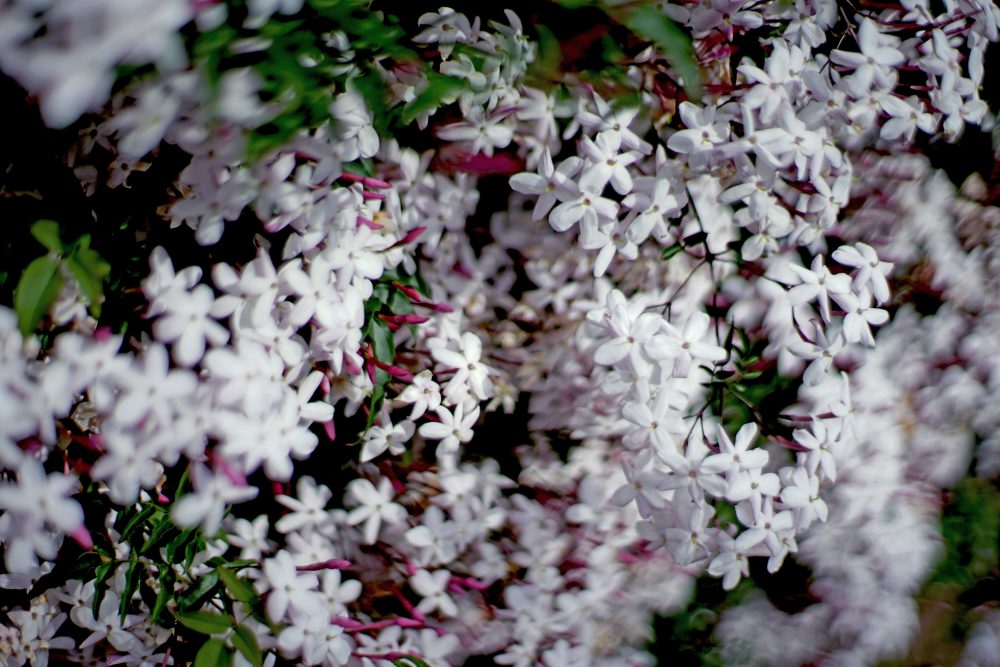
Jasmine, the ingredient holding the smallest share of voice at 0.03 percent, will experience the largest decline of 247.83 percent. This ingredient’s moisturizing and anti-inflammatory benefits make it a great ingredient for products that treat dry and sensitive skin. Anti-redness creams such as this one from Neiman Marcus feature Jasmine as a core ingredient.
So, why do we expect it to see such a steep decline in performance in 2022? We anticipate that consumers will seek out ingredients that help with multiple skincare needs versus ingredients like Jasmine, that’s relatively one-note and typically only serves one purpose at a time. Products like Jasmine that only fit into a specific part of a daily skincare routine are expected to suffer mightily.
Cucumber
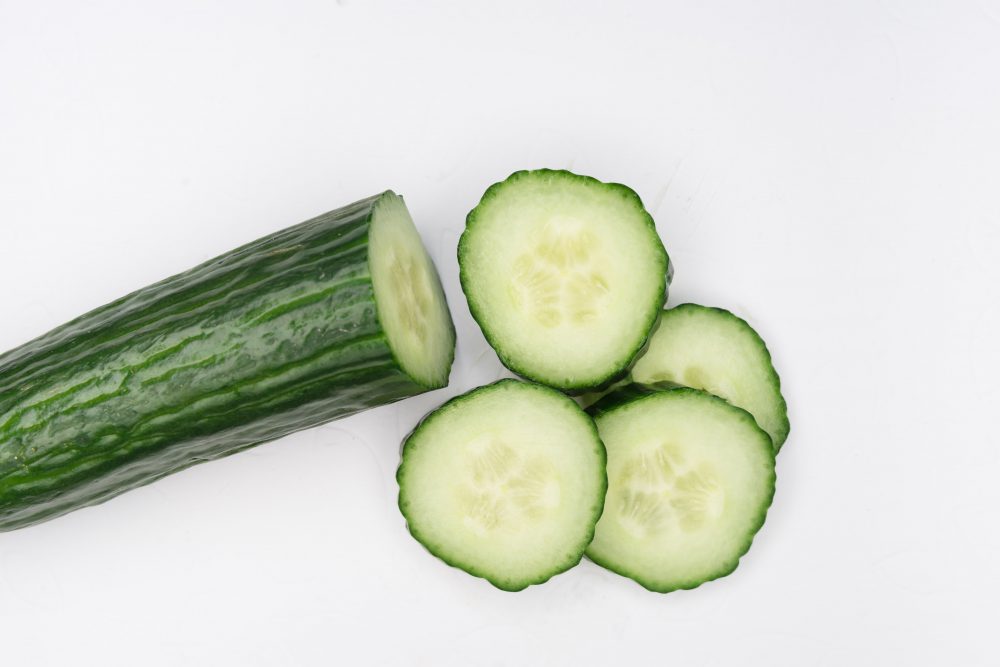
Cucumbers and beauty are an obvious combination. Are you imagining cucumbers over your eyes right now? We definitely are. Unfortunately, 2022 isn’t shaping up to be a great year for this ingredient and we predict Cucumber will experience a 104.97 percent decline.
Composed of mostly water, Cucumber contains vitamin E, natural oils, and minerals that help moisturize, repair, and protect the skin. As consumers look for products with a bigger punch, they’ll toss aside water-heavy ingredients like Cucumber in favor of concentrated oils and other natural – and naturally-sourced – ingredients.
Beeswax
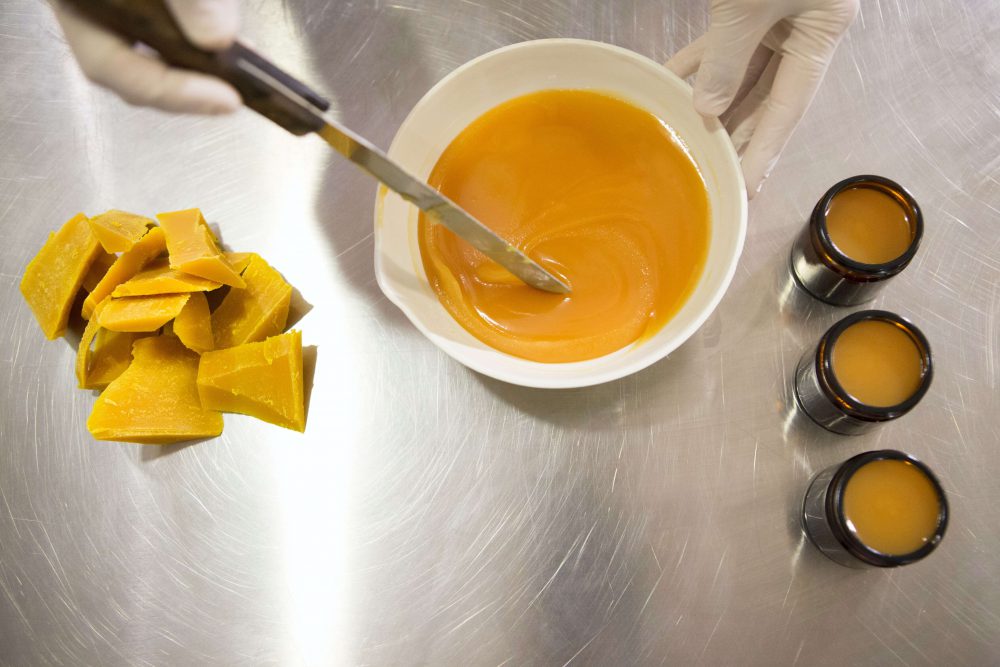
Like Jasmine, Beeswax holds a tiny market share at 0.04 percent and we predict it will experience a very similar 247.83 percent decline in 2022. Beeswax, a natural wax produced by bees, typically pops up in lip balms, mascaras, moisturizers, lip glosses, creams, and many other skincare products.
With climate awareness at an all-time high, you’d be hard-pressed to find someone unaware of the bee population decline (#savethebees), and it’s even difficult to find available products featuring this ingredient on major retailers’ sites such as Sephora. So, consumers will favor tried and true ingredients like Soy Extract and Shea Butter that serve similar skincare needs, but feel like they make less of an impact on the environment.
Argan Oil
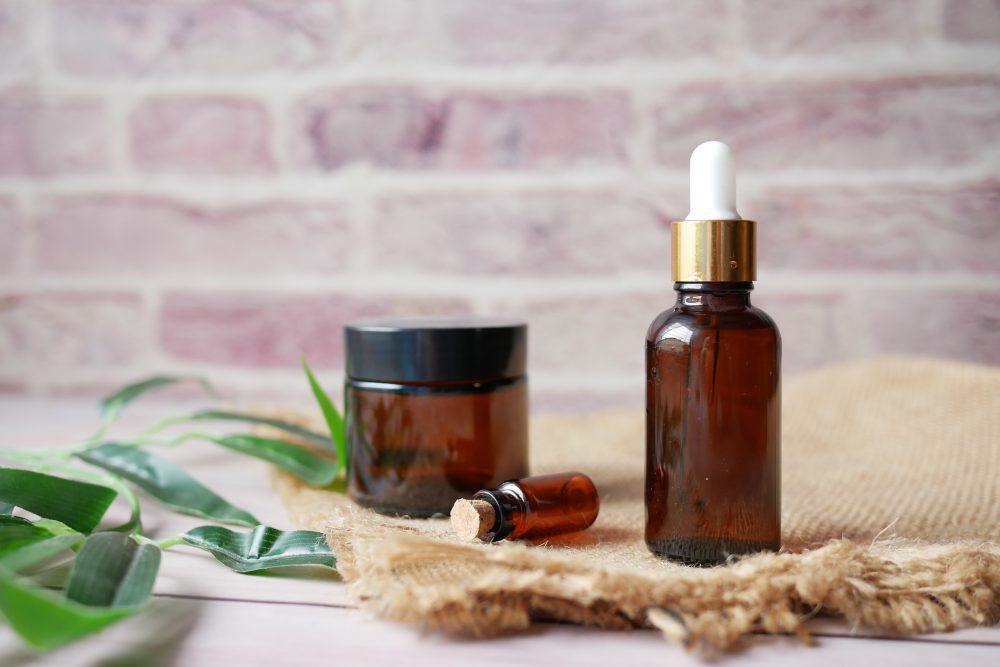
Argan Oil, a plant oil derived from the argan tree, started appearing in the early 2000s and is commonly used in face creams, lip glosses, shampoos, soaps, moisturizers, and serums like this one. Our team predicts this oil will experience a 47.83 decline in 2022.
While consumers will still revere the power of naturally-derived oils, they will focus on such cosmetics ingredients like Castor Oil instead, which provides similar moisturizing benefits but covers a broader set of consumer needs.
Jojoba Oil
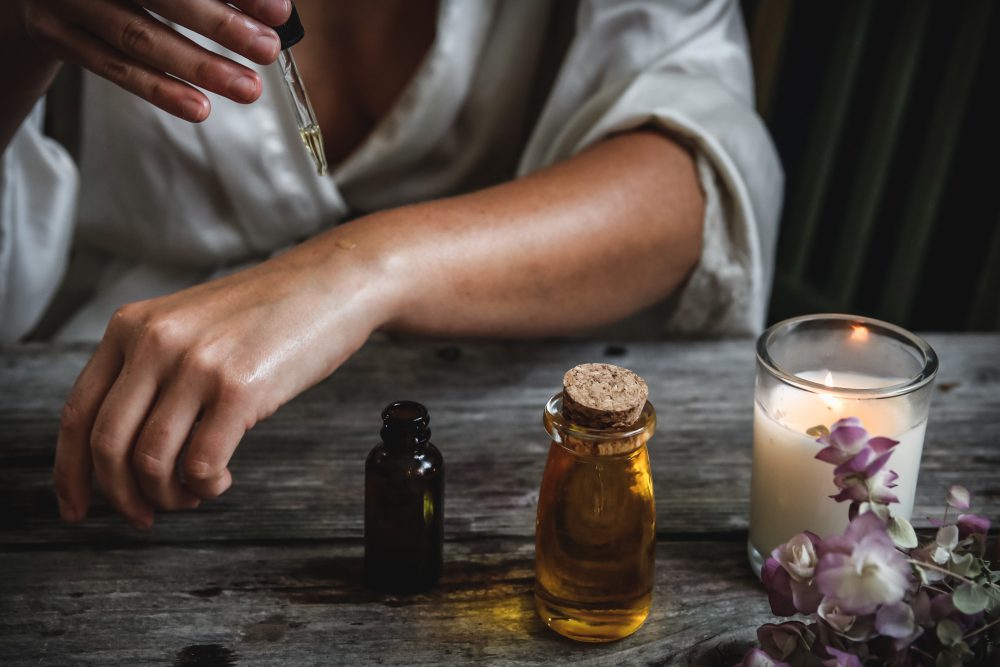
Jojoba Oil has a 0.17 percent share of voice and our team expects it to see 47.83 percent in negative growth. This non-fragrant oil is extracted from perennial shrub seeds and helps to restore the skin’s natural glow. When used, Jojoba Oil keeps your skin from looking oily and helps prevent acne.
In an effort to consolidate beauty routines and get more done with less, consumers will prefer oils and other naturally-derived ingredients that pack more of a punch and require less routine maintenance.
Rice Water
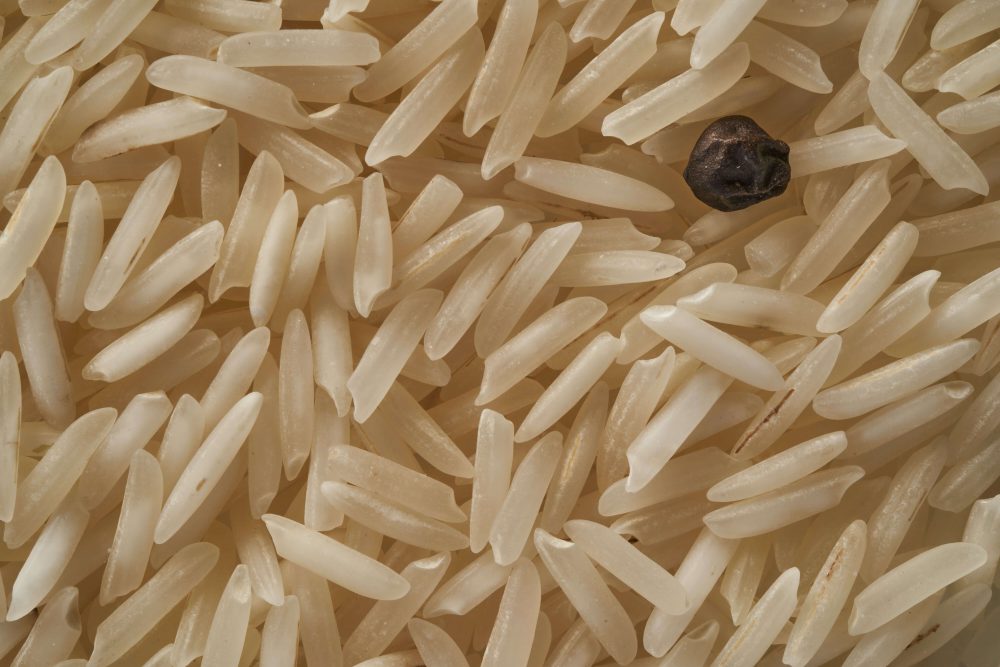
Rice Water takes the penultimate spot on our list, with a 1.39 percent share of voice and 17.14 percent negative growth outlook. When left to ferment, Rice Water becomes an anti-aging elixir that helps to minimize the appearance of pores and fine lines.
With a market shifting towards younger consumers, Rice Water won’t hold as much weight in 2022. As younger shoppers embrace small impurities and natural beauty, Rice Water won’t be as relevant to this generation as it’s been to past generations.
Retinol
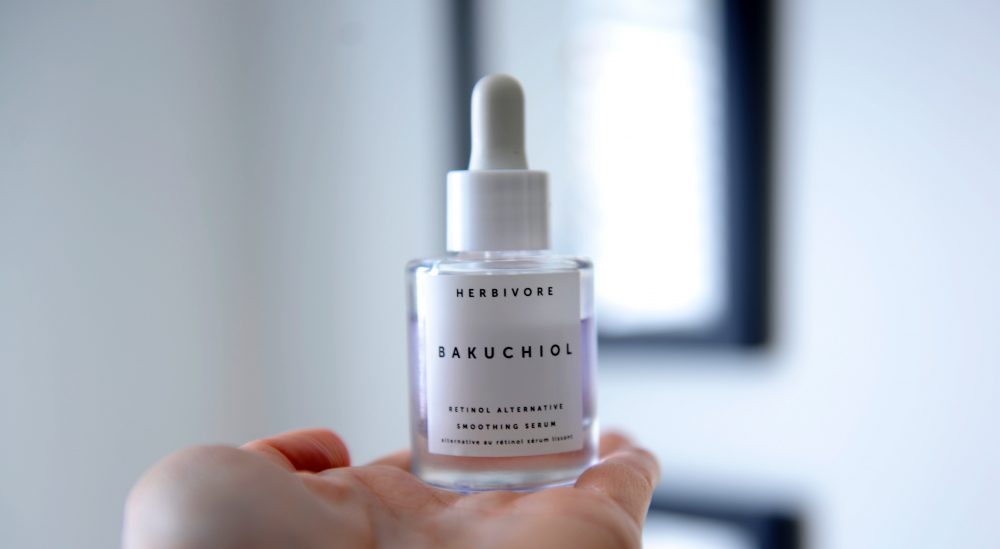
Derived from vitamin A, Retinol is most commonly found in anti-aging skincare products, like this wrinkle correcting serum from Clinique. This popular ingredient holds 1.38 percent of the market, but we predict it will lose some of its dominance in 2022, declining 16.88 percent.
Retinol’s predicted 2022 performance makes sense. But, as we mentioned, Gen Z now holds a lot of the buying power in 2022. Therefore, we expect that Retinol will struggle to compete as many buyers simply aren’t focused on the impact of aging.
A positive outlook for 2022
We’ve seen that cosmetics products should not only make people feel good, but they also need to do good in the process. Additionally, we’ve seen that multipurpose products that require less frequent applications and purchases are performing better than those that serve niche purposes. It’s evident from our analysis that in order to grow your business in the cosmetics industry, your ingredients will need to have a focus on quality, value, and convenience.
For more insights on luxury cosmetics trends, check out our recent webinar here. If you’re ready to see Simporter AI in action and learn what it can do for you, request a demo on our website.
